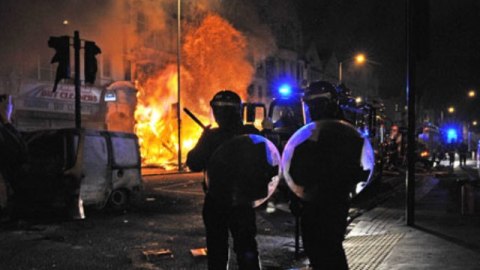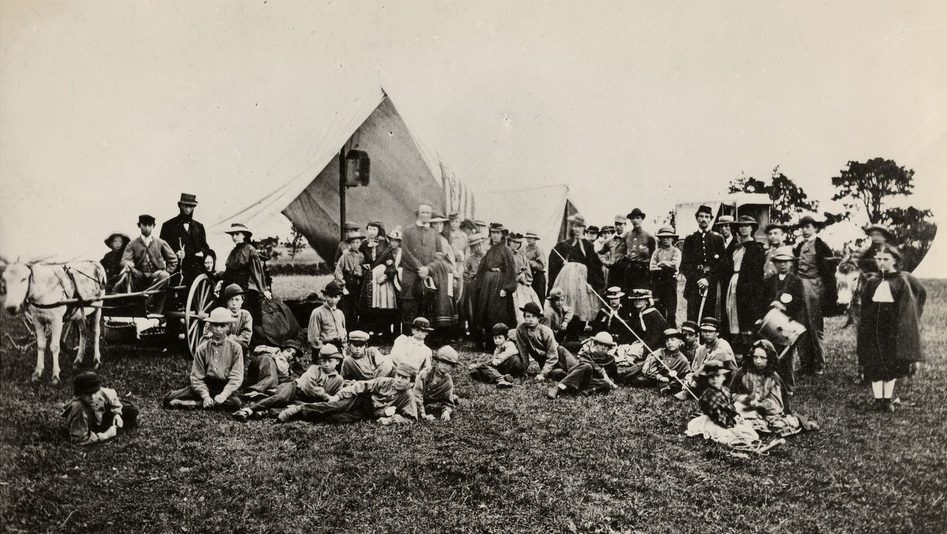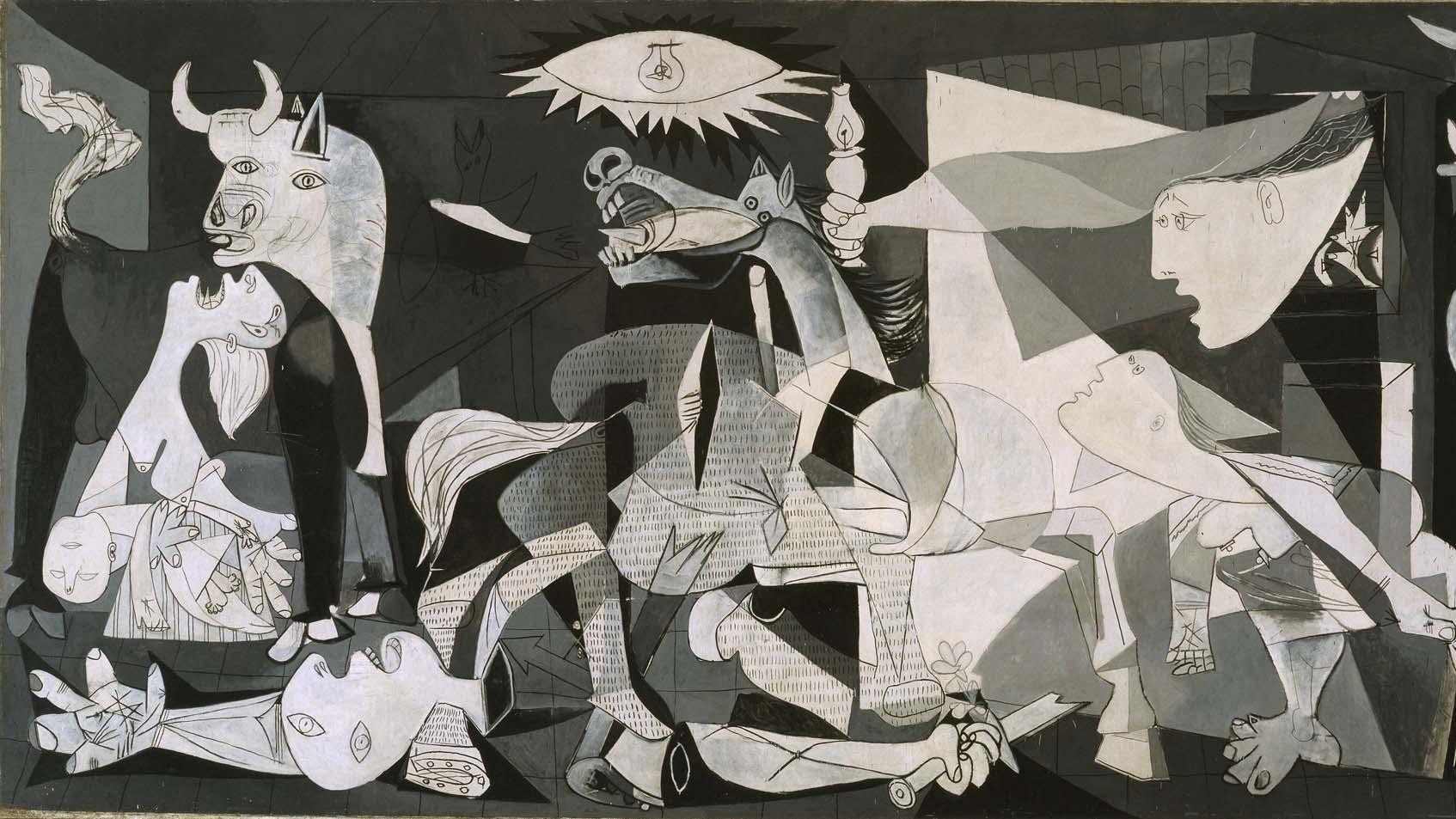Who Rioted And Why?

The fires have been dampened, the tottering ruins of wrecked buildings have been demolished. Gradually people have begun going about their business. Touchingly many of those who took the brunt of last week’s rioting have begun to benefit from publicly spirited individuals shocked at what they saw on their television screens. Such is Britain’s self absorption and retreat into parochialism, that global events from Syria to Palestine, Somalia to the Euro zone have either disappeared from the media agenda or been acknowledged only briefly. To an extent this isn’t surprising. The riots that shook the country are without doubt the most serious civil disturbances to disfigure England since the far more localised rioting of the early 1980s. By coincidence those riots – as these – took place in an atmosphere of major public spending cuts on the way. Some social analysts have already compared this to an incredibly banal exercise in negotiation by those at the bottom of the heap.There has been a multitude of reasons offered for the riots, although thankfully few excuses. For there can be no excuse for burning people out of their homes, attacking people in the streets and setting on emergency fire crews. Nor have there been adequate explanations for the sheer ferocity of the violence or for the fact that it happened in England, not Scotland or Wales. Over the past thirty years the gap between rich and poor has grown, while employment opportunities, especially in the inner cities and the least educated, have always been poor. That racist attitudes still exist can not be in no doubt, nor that rampant consumerism played its part and the greed and corruption amongst the so-called elite has mushroomed can not be in doubt either.The riots tended to take place in poorer city neighbourhoods with younger populations and neighbourhoods where there has been a significant increase in population over recent years.That said it is noticeable that poor districts that are mainly Muslim, Sikh, or strongly Turkish were not exposed to rioters – unless they came in from other areas to loot. This suggests something else; namely that large number of young black and white children come from single parent homes, where male or paternal figures are absent. Many seem to be unlived and unwanted. None of this detracts from the many children and single parents who do make a go of things in difficult circumstances, but simply points to the sometimes near impossible odds faced by people in some of the England’s toughest inner cities.





